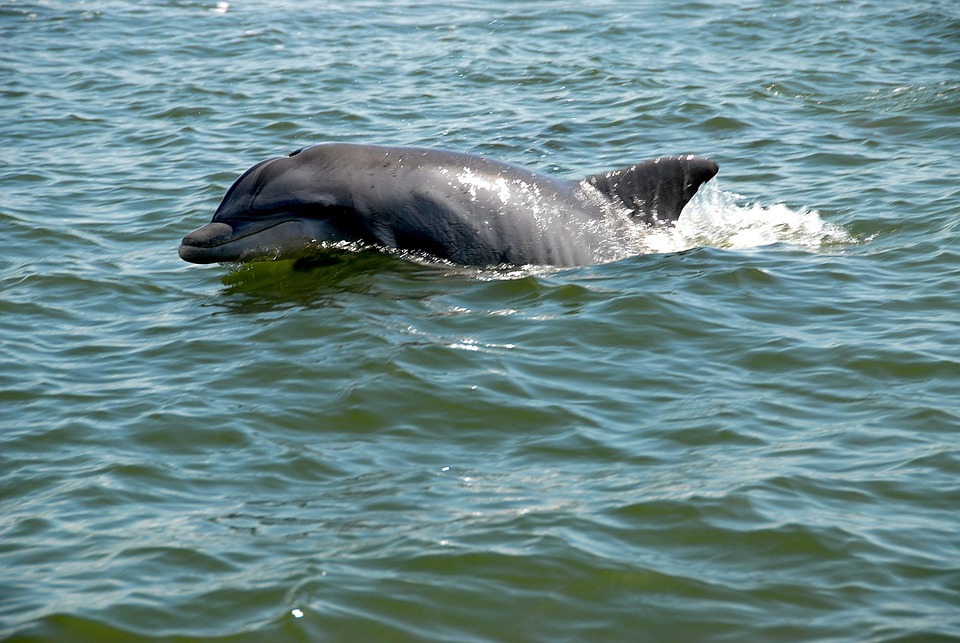Fish tank enthusiasts are often fascinated by the behaviors exhibited by their aquatic pets, and one of the most intriguing is parental care. This behavior, where certain fish species display extraordinary nurturing instincts towards their offspring, is a captivating aspect of fish care. In this article, we will explore the world of fish parental care, examining the different types, benefits, and factors influencing this behavior. We will also address some commonly asked questions to provide a comprehensive understanding of this captivating aspect of fish care.
Parental care in fish refers to the behaviors exhibited by fish parents to ensure the survival and well-being of their offspring. It can take various forms, depending on the species and environmental factors. Some common types of parental care in fish include guarding the eggs, protecting the fry, mouthbrooding, and nest building.
There are several factors that influence parental care behavior in fish. One important factor is species-specific traits. Different fish species have different instincts and behaviors when it comes to caring for their young. Environmental factors also play a role, as the availability of resources, such as food and shelter, can impact the level of parental care exhibited by fish. Additionally, hormonal and physiological influences, such as the presence of certain hormones or changes in the fish’s body, can also affect parental care behavior.
Parental care in fish offers several benefits to both the offspring and the parents. One of the primary benefits is increased offspring survival and development. By providing protection and care, fish parents can greatly improve the chances of their offspring reaching adulthood. Parental care also contributes to increased reproductive success, as it ensures the survival of a larger number of offspring. Additionally, parental care can foster social bonding between parents and offspring, creating a strong connection within the family unit.
There are several fish species that exhibit remarkable parental care behaviors. Mouthbrooders, for example, carry their eggs or fry in their mouths until they are ready to swim freely. Nest builders construct intricate nests for their eggs, providing protection and shelter. Egg guardians fiercely protect their eggs from predators and ensure their safety until they hatch.
Now, let’s address some frequently asked questions about fish parental care. Not all fish exhibit parental care behavior, as it varies greatly among different species. Some fish can change their parental care strategies depending on environmental conditions or other factors. The duration of parental care can vary widely among fish species, with some providing care for only a few days, while others may care for their offspring for weeks or even months. During parental care, fish can become stressed or aggressive, especially if they feel threatened or if their territory is invaded. To support parental care behavior in fish, tank owners should provide a suitable environment with appropriate hiding places, sufficient food, and minimal disturbances.
In conclusion, parental care behavior in fish is a remarkable aspect of their natural instincts. Understanding the different types of parental care, the factors influencing this behavior, and the benefits it brings to both offspring and parents can greatly enhance our appreciation for these aquatic creatures. By providing a suitable environment and implementing proper care techniques, fish tank owners can support and observe the mesmerizing world of fish parental care within their own tanks.









